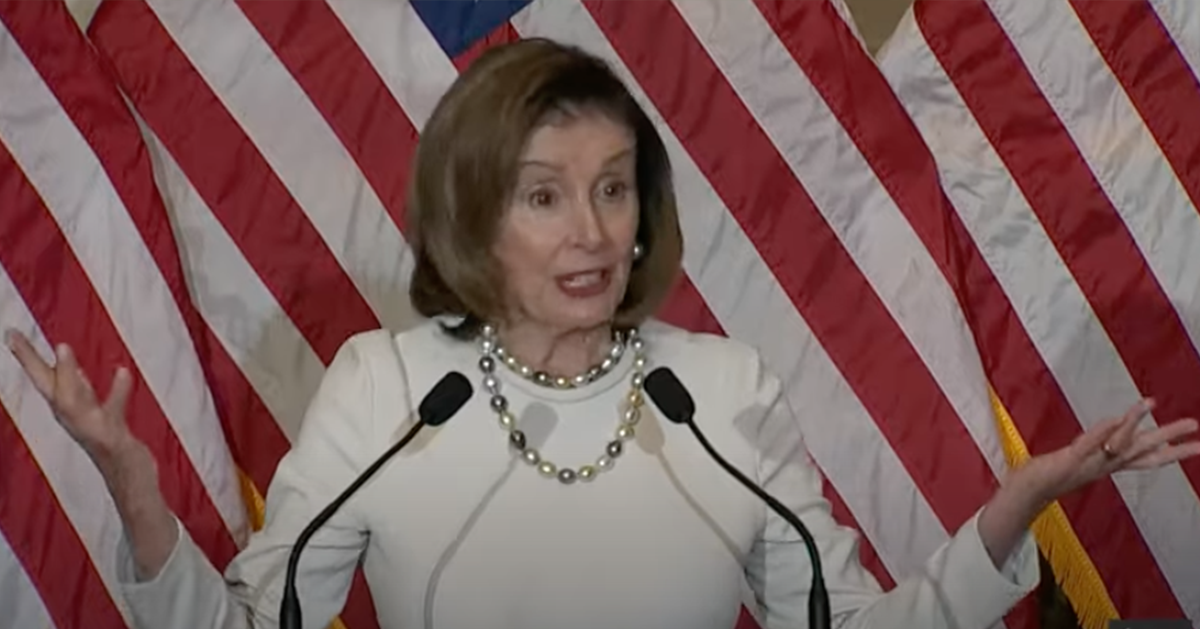CNN’s Dana Bash Criticized for Misleading Remarks on Trump-Musk Nuclear Energy Discussion
CNN host Dana Bash is facing widespread criticism following the airing of an edited clip from an interview between former President Donald Trump and tech billionaire Elon Musk.
The clip at issue, which was shared during a segment on Tuesday, featured Trump and Musk discussing the risks and public perception of nuclear energy, and Bash's interpretation of their conversation has been slammed as a misrepresentation of the context, leading to a significant backlash online, as the Daily Wire reports.
In the edited clip, Musk made a comparison between the recovery of Hiroshima and Nagasaki after the atomic bombings during World War II and the current public perceptions of nuclear energy risks.
Musk emphasized that nuclear energy is not as dangerous as many believe, and Trump echoed his sentiments by discussing historical nuclear accidents and the public’s resulting fears.
Musk and Trump’s Conversation on Nuclear Energy
During the discussion, Musk highlighted that Hiroshima and Nagasaki, despite being bombed, have since become fully developed cities.
He used this point to illustrate that the dangers of nuclear energy might be overstated. Trump, in agreement, mentioned that while the proliferation of nuclear weapons is a significant threat, nuclear energy as a power source is often misunderstood.
Bash’s segment suggested that Musk and Trump were downplaying the moral implications of the Hiroshima and Nagasaki bombings. This framing was quickly met with criticism, with many accusing Bash of ignoring the broader historical context that Trump and Musk were addressing.
Musk also spoke about his visit to Fukushima, Japan, after the nuclear disaster there, recounting how he ate locally grown vegetables on television to demonstrate that the area was not as dangerous as feared.
He further argued that nuclear energy is safer compared to other forms of electricity generation, citing the lower number of injuries and deaths in nuclear operations compared to mining activities.
Selective Editing Sparks Backlash
The backlash against Bash and CNN was swift. Many media personalities and members of the public took to social media to express their discontent, accusing CNN of selective editing and spreading misinformation.
The Trump campaign was particularly vocal, labeling the segment as “fake news” and claiming that the full context of the conversation showed that Trump and Musk were discussing nuclear energy, not downplaying the tragedies of Hiroshima and Nagasaki.
Among the critics was Anton Vuljaj, who pointed out that the clip exemplified why many Americans have lost trust in mainstream media. Joe Concha, another well-known media figure, described the situation as “a joke,” while Michael Shellenberger, an advocate for nuclear energy, directly called on Bash to correct what he deemed as misinformation.
The House Republican Conference also joined the chorus of criticism, branding CNN as “FAKE NEWS” and questioning the network’s journalistic integrity. The online response highlighted the growing divide between media outlets and their audiences, particularly when it comes to coverage of politically charged topics.
Musk and Trump Emphasize Nuclear Energy’s Safety
Throughout the interview, both Musk and Trump sought to emphasize the safety and potential benefits of nuclear energy. Musk argued that fears surrounding nuclear power are largely based on misunderstandings and historical events that have been exaggerated in the public consciousness. He pointed out that, compared to other energy sources, nuclear power has a better safety record and could play a vital role in addressing global energy needs.
Trump, while acknowledging the catastrophic potential of nuclear weapons, supported Musk’s views on the relative safety of nuclear energy as a power source. He cited examples such as Fukushima and Chernobyl to discuss the public’s fear of nuclear disasters and the need for better education on the subject.
The edited clip’s focus on Hiroshima and Nagasaki, however, led to the perception that both men were minimizing the impact of the atomic bombings. This interpretation was a central point of contention in the criticism aimed at Bash and CNN.
Conclusion
The controversy surrounding Dana Bash’s segment on CNN underscores the ongoing challenges in media coverage of complex and sensitive topics. The backlash highlights the importance of context and accuracy in reporting, particularly when dealing with subjects that carry significant historical and moral weight. As the debate over nuclear energy continues, the role of the media in shaping public perception remains a critical issue.
The incident has prompted a broader conversation about media ethics and the responsibilities of journalists in presenting nuanced discussions without misrepresentation. With the criticism continuing to mount, it remains to be seen how CNN and Bash will respond to the allegations of selective editing and whether any corrections will be made.




